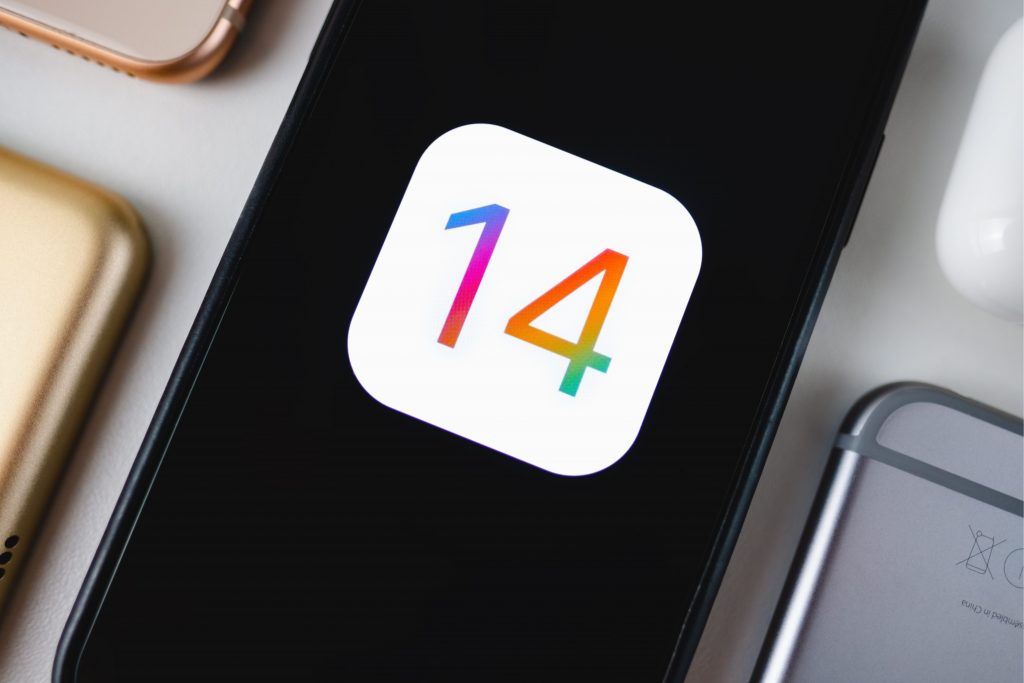What Apartment Marketers Can Expect From the iOS14 Update
- 17 February 2021

In September of 2020, Apple announced that a future update of iOS14 will require users to opt-in to see targeted ads. In the past, users opted-in by default, but had the ability to opt-out of targeted ads if they chose to.
Since this announcement, Facebook and Apple have battled over the best path forward. Apple is promoting privacy, while Facebook is defending the businesses that rely on their platform to find new customers. Ultimately, Facebook is following Apple’s rules and will be displaying the “opt-in” prompt on all their apps once the new update is released.
In December 2020, Facebook announced several updates to its system to stay compliant with iOS14. Every advertiser is going to see changes in their campaigns, but it will affect large companies and e-commerce businesses more than smaller, offline advertisers.
Upcoming Changes
One change is the number of conversions that Facebook will support. They used to support a virtually unlimited number of actions to optimize campaigns against. Once Apple releases the iOS14 update, the maximum number of conversions that you can optimize toward is 8.
Smaller advertisers like Multifamily Housing, or Senior Living facilities, who are tracking and optimizing on contact forms, phone calls, and appointments scheduled, won’t see huge changes with their performance. Large advertisers who get extremely granular with their conversions (and measure conversions differently in each country or state they operate in) may see some changes in reporting and campaign performance.
Additionally, if a user opts-out on their mobile device, Facebook will no longer send data for every single action they take on a website. Facebook will report the highest-value conversion chosen by the advertiser. So if a user completes four different conversion actions, Facebook will only show the “best” one that they completed.
An example of this would be someone who views a floorplans page and then submits a contact form. Facebook will use the information from the contact form submission to optimize the campaign, even though both activities happened.
Note that this will not affect how conversions are reported through Google Analytics. In the example above, both of those actions would show as conversions in Google Analytics reporting. These are specifically the actions that are set up in Facebook’s platform for optimization.
The second change that will affect advertisers is targeting custom audiences. Right now, some advertisers have specific creative that targets a granular audience, and then exclude that audience from other campaigns. For example, targeting males who live in Reno with a specific t-shirt on an e-commerce site. Once the new iOS14 update is live, Facebook won’t have as much data to use (depending on opt-out rates), and it will be harder to tell who belongs to one audience but not another if mobile users are opting out in high rates.
Businesses of all kinds might have a harder time targeting website visitors depending on how many people opt-out on mobile devices. However, unless they have specific audiences for certain actions on a website, their performance should remain similar.
So what should advertisers do?
At Conversion Logix, we focus on delivering quality results for our clients. For our Multifamily Housing customers, many of the advanced targeting and optimization strategies outlined above are not allowed due to the Fair Housing Act. This makes the impact on our clients’ campaigns smaller than it would be for other types of businesses.
We do expect to see some changes with retargeting campaigns depending on how many users opt-out of the ad targeting. We will be looking at different audiences like Facebook’s Fair Housing approved special ad audiences to help reach new prospects.
We believe that paid social campaigns are still going to drive immense value for our clients, and don’t recommend any strategy changes at this time.
